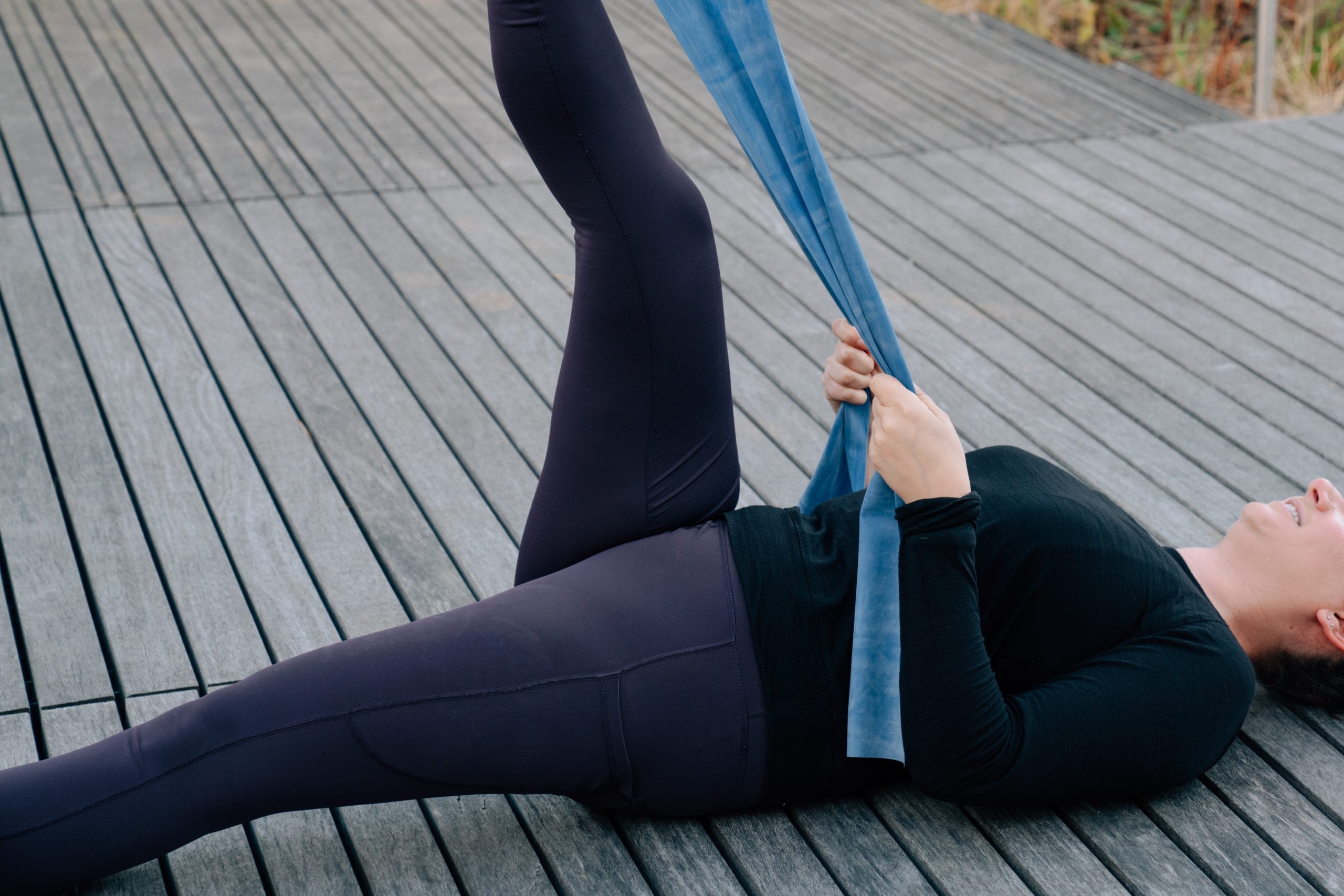The Impacts of Working from Home: Health Insights

Pure Sports Medicine
- 29 October, 2021
- Exercise
- Pain Management
- 3 min read
As many as 1 in 2 of us has experienced aches and pains as a result of working from home. But, shockingly, only 1 in 10 of us experiencing aches and pains has sought medical treatment or advice, meaning that the vast majority have continued to live in discomfort. Whilst it’s easy to think that these aches and pains will take care of themselves and disappear over time, there’s a possibility that these could lead to long-term health issues.

More than half of people have not been using a proper desk
Our polling of more than 1,000 workers has revealed that over 50% have not been using a proper desk since they started working from home in March 2020. A further 50% have also admitted to not using a work-suitable chair, with 27% turning to dining chairs on a daily basis and more than 20% working from either their bed or sofa. A small minority have even resorted to working on the floor.
A small minority have received support from employers
With only 18% of people given assistance by their employer to upgrade their home working environment and 43% not making any changes at all, it’s perhaps unsurprising that 52% have experienced aches and pains that they directly attribute to working from home.
Back pain is the number one complaint
Asked to identify where in the body they’ve been affected, 82% cited back pain – the most common issue by far – with neck and shoulder pain affecting 61% and 48% respectively.
Nearly half are positive about returning to the office
While 46% are ‘positive’ or ‘very positive’ about returning to a communal office environment – and 24% intend to do so 5 days a week – working from home appears to be here to stay, with 80% considering it ‘very’ or ‘extremely’ important having become accustomed to it during the pandemic.
The key is to keep moving
Reflecting on the results, Dr John Etherington, our Medical Director and Consultant Rheumatologist, said: “We’ve seen many patients during lockdown with pain arising from their working posture and habits at home. Prolonged sitting in confined spaces and stressful positions is leading to neck, back and shoulder pain.
“The key is to keep moving, avoid sitting in one position for a prolonged period of time, get up, walk around or stand to work.
“Common conditions can become more difficult to treat the longer they are left, so if pain persists, we’d recommend you see a clinician who can diagnose your problem, give you the appropriate mobility and strengthening exercises and advise you on your workspace set-up and working habits.
“This could include a physiotherapist, osteopath or an occupational therapist – who can advise on seating and ergonomics. You may also need to see a consultant who can arrange diagnostic tests and provide a treatment plan and appropriate referral.”
Changing exercise habits
Our research has also revealed that the exercise habits of two-thirds of people (67%) have changed over the last 18 months. Of those, 19% claimed they do more exercise than before, 15% said they’ve tried new forms of exercise and 8% do more and have tried new activities.
On the flip side, 24% said they are less active, with the majority citing a struggle for motivation, the loss of their old routine and increased distractions at home as the reasons.
Andy Reay, our Head of Strength and Conditioning, has the following advice: “As a father of three young children, I fully empathise with those who are struggling with motivation, time and distractions. I find that booking in exercise with a friend, an organised class or a session with a personal trainer is a great hack. Nobody likes letting someone down or bailing late in the day and that extra layer of commitment can make the difference when trying to build momentum after an extended break from exercise. After a few sessions, you’ll be well on your way to getting back to your best.
“Of course, with any change in exercise habits, there’s a period where the body needs to adapt to what you’re asking of it. If this change is performed slowly and methodically you can minimise the chance of injury. It sounds obvious, but you shouldn’t push yourself too hard too quickly. If you’re unsure how to manage this change, it’s always worth consulting an expert so that you don’t experience setbacks.”
If you are one of the 87% of people experiencing pain but doing nothing about it, we’re currently offering a free 15-minute assessment to understand the possible cause and suggest a route forward to get you back to your best. To book your free 15-assessment at any of our seven London clinics, click here.
In the meantime, we’ve also created an e-book to provide practical advice for easing aches and pains and preventing future problems. Get the e-book here.

Advice
Over the last 20+ years our experts have helped more than 100,000 patients, but we don’t stop there. We also like to share our knowledge and insight to help people lead healthier lives, and here you will find our extensive library of advice on a variety of topics to help you do the same.
OUR ADVICE HUBS See all Advice Hubs

